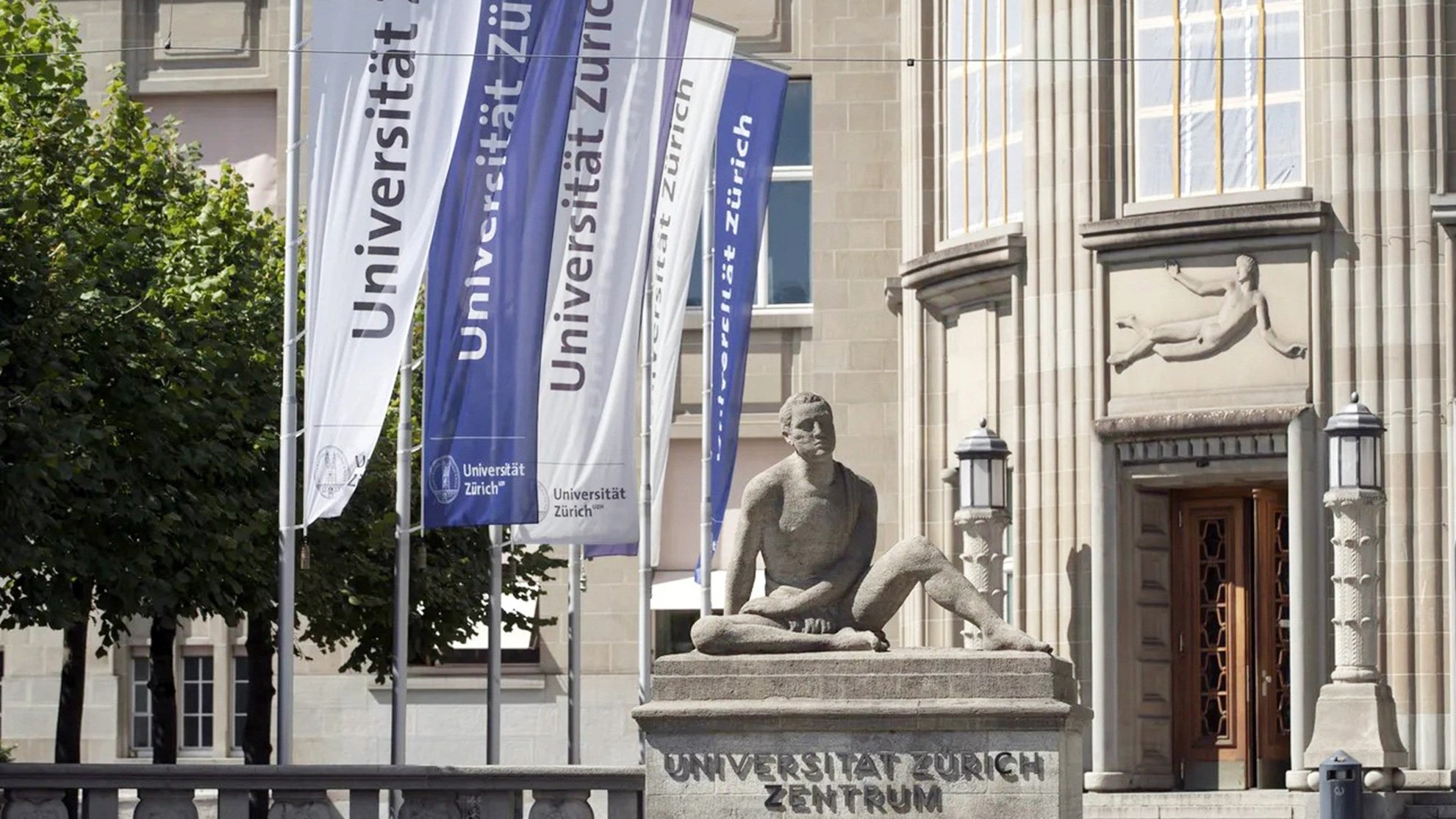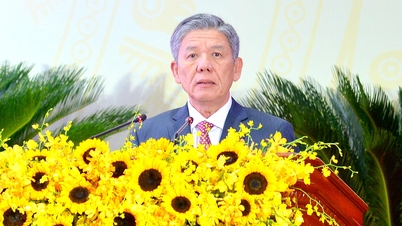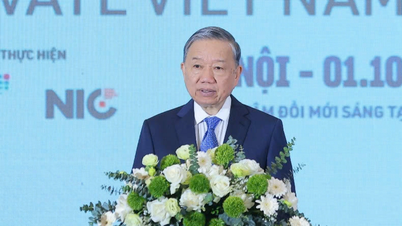
In the most recent rankings by Times Higher Education magazine, the University of Zurich ranked 80th among the best universities in the world - Photo: Swissinfo.ch
In mid-March this year, the University of Zurich, a leading Swiss university, ranked 80th in the world, announced its withdrawal from the Times Higher Education ranking game for the reason that the ranking creates the wrong incentives.
Previously, the law schools of Harvard, UC Berkeley and Yale University refused to participate in the annual rankings of US News & World Report magazine. This move is changing the game of university rankings significantly in the world.
Many consequences of ranking
University rankings were started by US News & World Report magazine in 1983 with American universities, then gradually spread to Europe and Asia, including Vietnam in recent years. The original purpose of the rankings was to improve the quality of universities to increase competitiveness and attract highly qualified students.
However, in reality, highly ranked universities often come with sky-high tuition fees. University rankings and reputations are a fierce game in Asia. Many Chinese universities give priority to lecturers who graduated from schools ranked in the top 100 or 500 in the world.
That means rich students who pay tuition to attend highly ranked (so-called prestigious) schools will have more opportunities than poor students to receive scholarships from schools that are not in the top ranks. Invisibly, university rankings create social inequality by placing university reputation above ability.
This can also be seen with some Vietnamese universities that are in the race for "reputation", more passionate about "labels" than capacity. They consider themselves elite universities without realizing that they are going against the values that the world is building (17 goals of the United Nations).
Constructing a ranking requires at least three steps: (1) identifying the actual aspects and criteria on which the ranking is based; (2) collecting, processing, and synthesizing data to create the ranking; and (3) publishing the ranking.
To some extent, these three stages are susceptible to influence and manipulation. Ranking providers have considerable flexibility in selecting and evaluating performance indicators that are not necessarily consistent, fair, or universally agreed upon.
Rankings pay little attention to the validity, reliability, and distinctiveness of the factors being measured relative to what is considered acceptable by academic standards. Additionally, they lose information by converting all data collected and measured into ordinal values.
In theory, the actual gap between the top and bottom schools in the rankings can be extremely small, so many researchers have pointed out that rankings seriously undermine the legitimacy these journals claim to provide.
Necessary reactions
University rankings are a wave, a sophisticated game with many marketing tricks. Rankings can turn bad schools into good schools because if a school is not good enough in this ranking, another ranking will be born to welcome it.
Many schools have focused their resources on developing strategies ranging from proactive to compromising, avoiding, challenging and manipulating to improve their rankings. The aim is to get higher rankings rather than focusing on developing their teaching, research and creating social change.
Because it is a game, there are schools that sabotage and distort measurements, while there are schools that cheat by falsifying or even fabricating data. This is extremely dangerous for society: what will happen to society if education is cheating?
Many countries also participate in this ranking game in various ways. For example, according to scholar Charroin (2015), although the Shanghai ranking has historically favored US schools, over time it has promoted the rise of Chinese schools by gradually eroding the advantage of US schools.
A risky but possible approach by good universities like Zurich is to reject rankings. This could be a way to challenge the banality of rankings and open up more discussions around university evaluation tools.
It is important to note, however, that the impact of each university’s rejection of the rankings will vary. Top universities (like Harvard and Yale) can refuse to participate, boycotting the rankings to demonstrate their dissent, and their voices will certainly be heard. The Aspen Institute’s Beyond Grey Pinstripes ranking was almost scrapped after five top universities refused to participate.
Lack of substance cannot be sustainable
Many universities are trying to build their status by replacing rankings with research and projects that change society in a positive and sustainable way. It is a call to move beyond this zero-sum ranking game and use systems thinking to create a new positive-sum game that has many winners and promotes human progress.
* Prof. Dr. Bui Thi Minh Hong is currently Director of Research, Innovation and Enterprise, Graduate School of Management, Birmingham City University (UK)
Source




![[Photo] Hanoi morning of October 1: Prolonged flooding, people wade to work](https://vphoto.vietnam.vn/thumb/1200x675/vietnam/resource/IMAGE/2025/10/1/189be28938e3493fa26b2938efa2059e)
















![[Infographic] The number of applications for university and college admission in 2025 has increased sharply](https://vphoto.vietnam.vn/thumb/402x226/vietnam/resource/IMAGE/2025/10/1/8da66b78e0b3468496721724246e3857)













![[Photo] Panorama of the cable-stayed bridge, the final bottleneck of the Ben Luc-Long Thanh expressway](https://vphoto.vietnam.vn/thumb/1200x675/vietnam/resource/IMAGE/2025/9/30/391fdf21025541d6b2f092e49a17243f)
























































Comment (0)